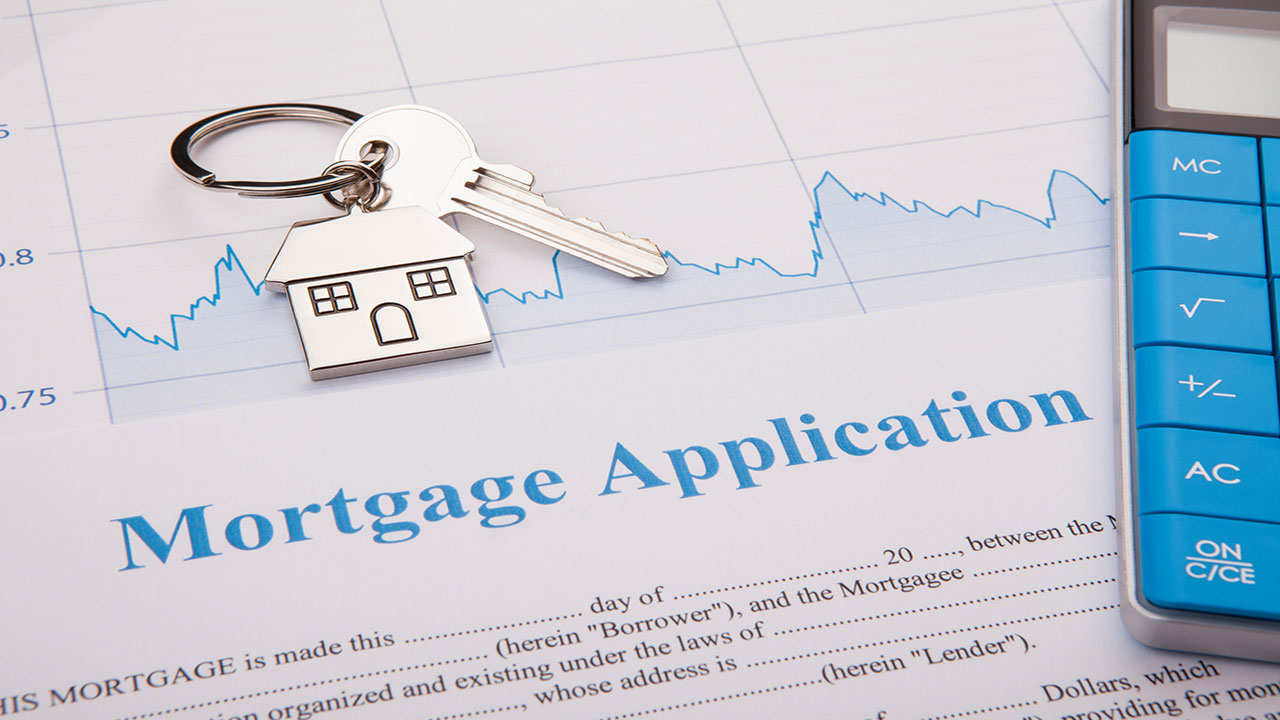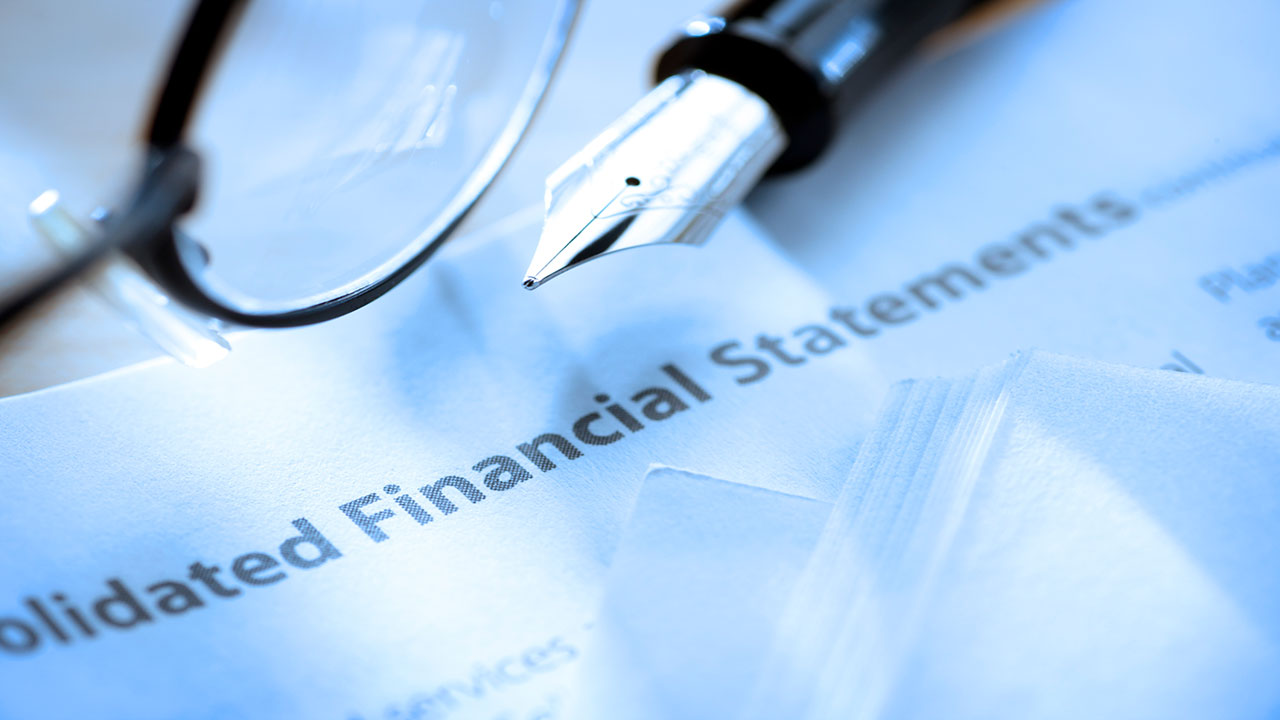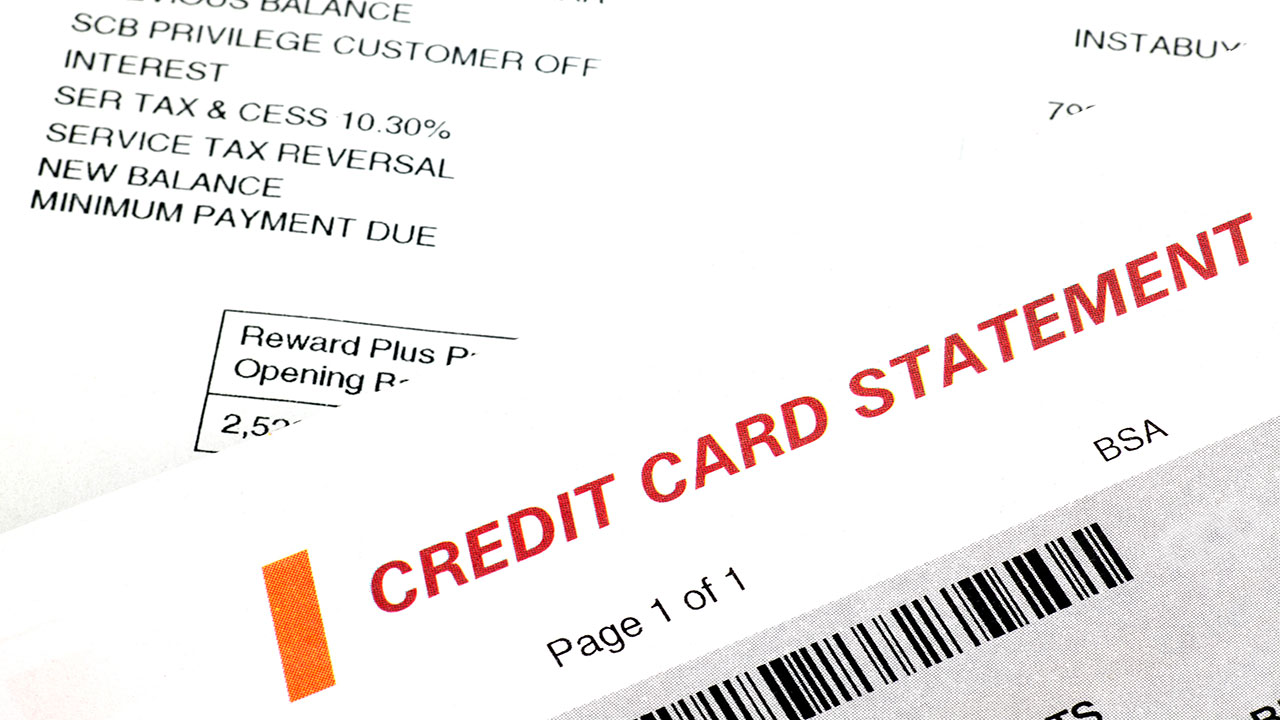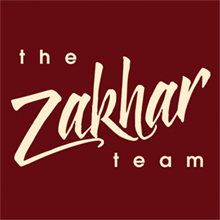What Documents Are Needed to Get a Mortgage?

Getting a mortgage is a crucial part of the home buying process unless you’ve got the funds to make an all-cash deal. The mortgage process is an in-depth one and involves quite a bit of work, both for you and your lender. In fact, applying for a mortgage can be quite a hassle, especially when it comes to collecting all the documents required for your lender to assess your finances and determine whether or not you would be eligible for mortgage approval.
But as much of a nuisance as it can be to gather all the paperwork, it’s a necessary part of the mortgage approval process. To make things easier for you everyone, be prepared with all the paperwork needed.
Here are the documents that may be required when applying for a mortgage.
Purchase Documents

You may have been pre-approved for a mortgage before finding the home you want, but the actual mortgage approval process doesn’t start until an offer has been accepted. At this point, your lender will require the following documents associated with the purchase:
- Proof of down payment
- A copy of the accepted purchase agreement
- A copy of the listing sheet
- Property address
- Legal description of the property
- Contact information for the real estate agent, real estate lawyer, seller, or home builder
- Property tax estimates
Proof of Income

Obviously, you will need to have a certain amount of money coming in to be able to cover your mortgage payments. If you don’t have an adequate income based on the loan amount you apply for, you will not get the mortgage you need to purchase real estate.
As such you’ll need to provide proof of income or employment to show evidence that you are financially capable of handling monthly mortgage payments. Here are just a few of the documents your lender may request related to proving your income:
- Recent pay stubs, showing your pay rate, the pay period, gross and net pay, and deductions;
- Letter of employment proving your employment status, length of time at your job, and your title/position;
- Tax returns from the past year or two;
- W-2 from last year.
If you’ve only been employed at your current job for less than two years, the lender might require that you confirm your previous job as well.
If you’re self-employed, you will likely have to come up with more documentation. Being self-employed can make it more difficult for you to get approved for a mortgage simply because your work isn’t necessarily considered stable compared to employed positions. Ideally, your business should be at least a few years old so that you can show your lender that your company is established. The lender will also want to know how much money your business has been bringing in over the last two or three years.
For those who are self-employed, additional documentation will be required, including profit and loss statements. Those who work on contract or on a freelance basis will likely need to submit their 1099 forms as proof of income.
Other Sources of Income

If you are bringing in money outside of your regular job or business, your lender will want to know about it. For instance, if you are a landlord and own real estate that you collect rent from, you may need to supply any pertinent information regarding your income from your rental property if you’ve claimed it on your tax returns.
Many buyers might have stocks, bonds, mutual funds, or other investments that are paying them dividends or earning interest. In this case, the lender will require documentation detailing such income sources.
Statement of Assets

If you have any assets, you will want to submit documentation to show what you own, as this can increase your odds of mortgage approval. For instance, you may be asked to submit the following in terms of statements of assets:
- Most recent checking and savings bank accounts
- Investment account statement
- Retirement account statement
Statement of Debts

Whatever debt you have will have to be communicated to the lender, since your debt will affect your debt-to-income ratio. This includes statements associated with:
- Credit cards
- Auto loans
- Student loans
- Personal loans
Miscellaneous Documents

There are several other documents that may be required, depending on your particular situation:
- Divorce decree if you are divorced and receiving/paying spousal or child support;
- Statements of large deposits and withdrawals from different accounts.
- Gift letters signed by donors if your down payment is being gifted to you.
- Listing agreement for your home if you sell your present home prior to closing on a new home purchase.
- 12 months of canceled rent checks or bank statements if you are currently renting.
- Documents explaining any negative items on your credit report.
- Bankruptcy discharge papers if you filed bankruptcy over the past seven years.
The Bottom Line
The list of documents needed when applying for a mortgage is quite lengthy and can take a bit of time to gather, but it’s all part and parcel of getting approved for a mortgage. Every situation is different, so you may not necessarily be obligated to hand in every single item on this list. That said, it’s in your best interests to be prepared with all necessary documents that your lender requests in order to expedite the mortgage approval process and ensure a seamless closing.




